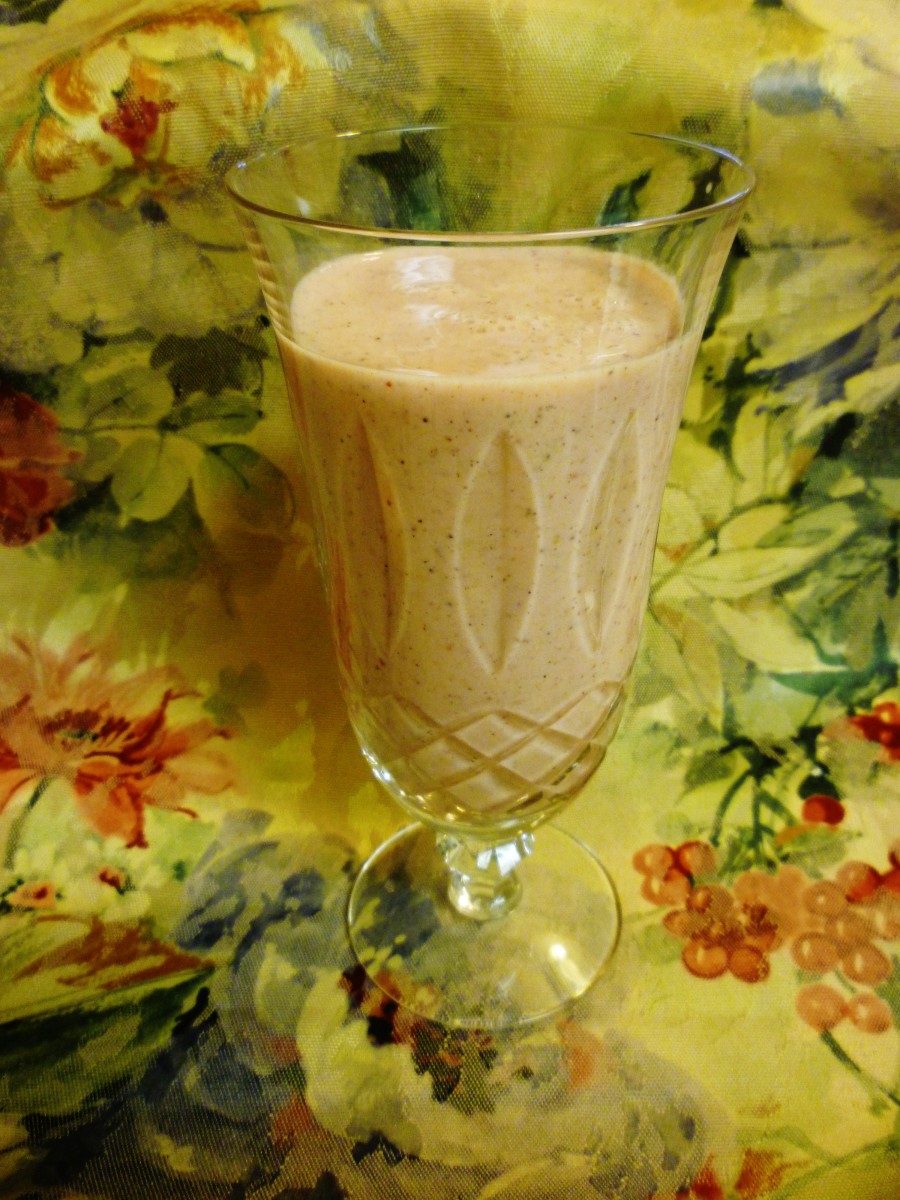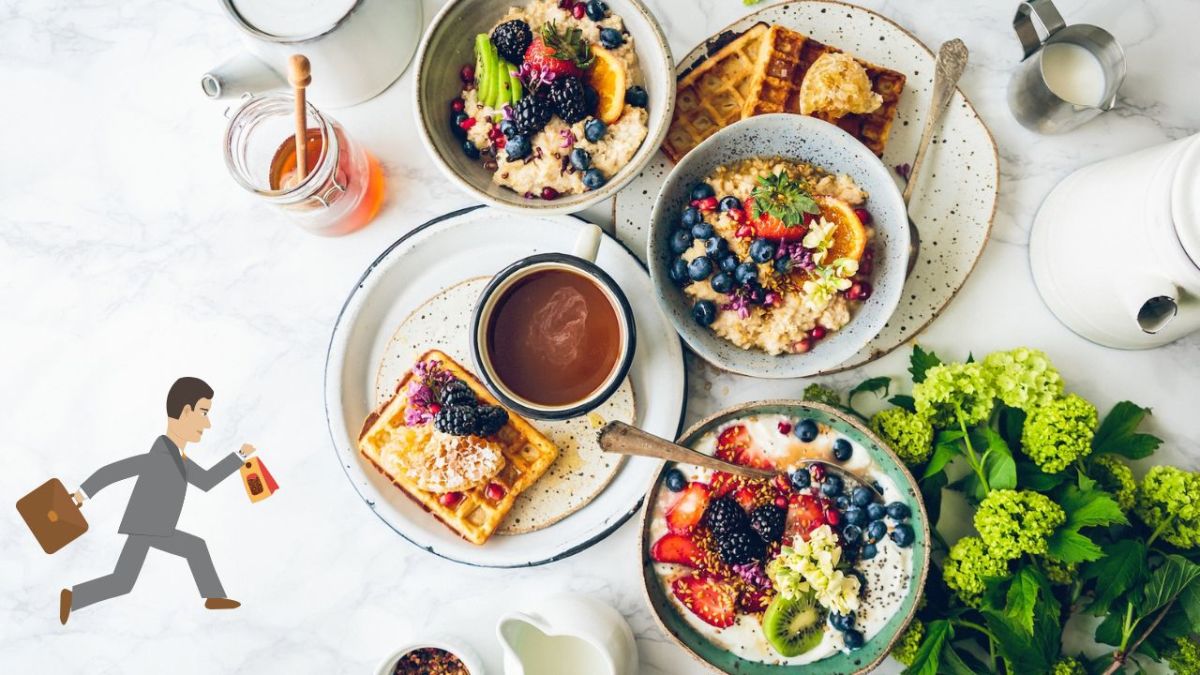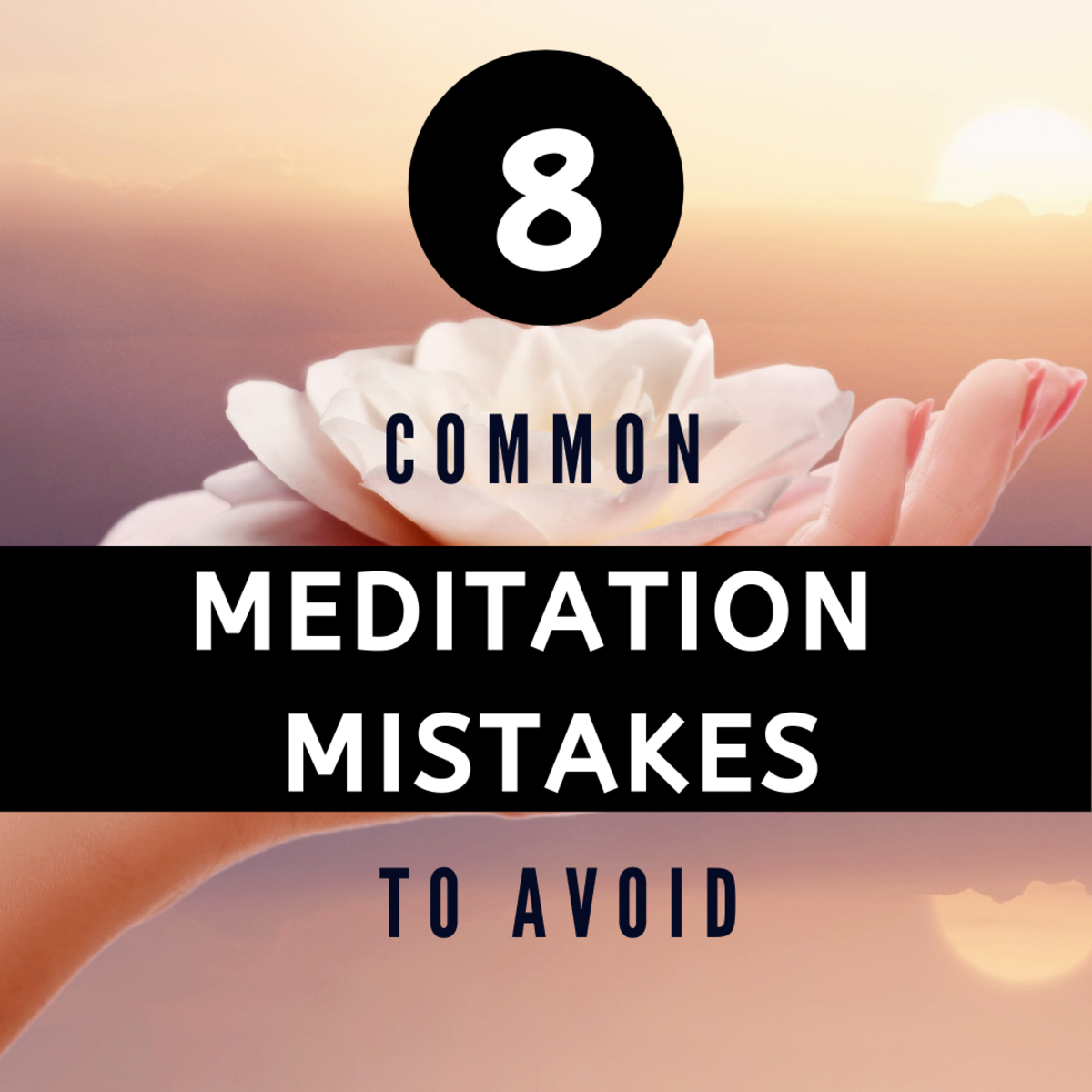The Healthy Brain

Brain Facts
If you put your two clenched fists next to each other as you stare down at your thumbs sitting side by side, you will see the size of the thing in your head that we know as the brain. It is approximately three pounds in weight and has around one million individual nerve cells or neurons. The brain is an amazing organ that has the ability to store an infinite amount of information. Once the information is stored, the difficult part is trying to recall the previously gained knowledge. If you are finding yourself feeling just a little foggy and want to hone your focus and be aware, there is hope for you. You can change your diet and vitamin intake, among other things.
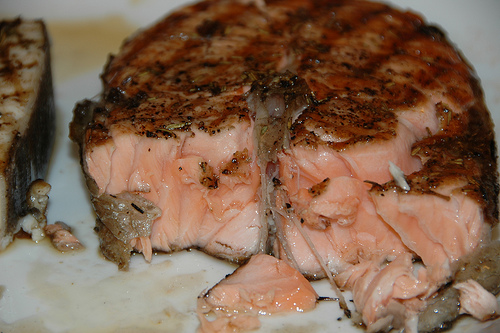
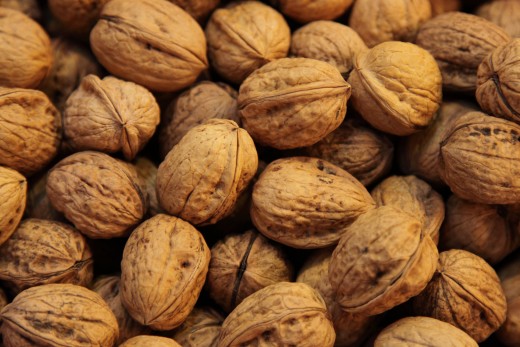
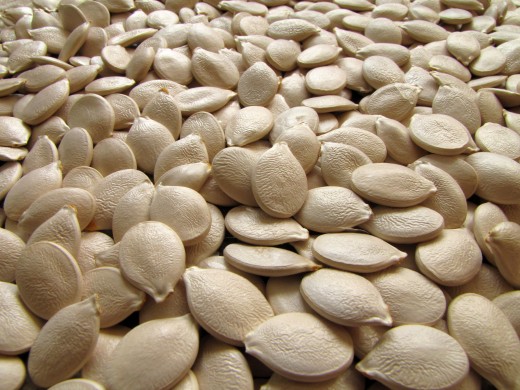
Brain Food
Eat a Healthy Breakfast
It is absolutely true when people claim that breakfast is the most important meal of the day. A good breakfast helps you be at your best at work, in an interview, or in school. People tend to do better on tests and perform better at work when they eat the right breakfast foods. The most effective food to eat, as researchers found, is oatmeal. It is believed that the high fiber and protein levels in oatmeal actually slow down the digestive process which, in turn, promotes a slower release of glucose. This controlled release of glucose into the bloodstream enhances memory performance.
Blueberries are also good for the brain in the morning, although they would likely help you any time of day. These little berries contain anthocyanin, the chemical that makes them blue, which encourages the growth of new brain cells.
Omega-3 Fatty Acids
Food containing omega-3 fatty acids, such as walnuts and fish, are healthy for the brain.
Walnuts are great for the brain but also beneficial to heart patients as well. Fatty fish, such as salmon, tuna, halibut, mackerel, sardines, or herring have been found to keep your brain flexible. Consuming these foods will improve your memory, hand-eye coordination, and problem-solving skills.
Be careful of over-consumption of fish that contain high levels of mercury. Eating these every so often is not a bad thing, but eating them everyday might cause some issues. High mercury fish include shark, swordfish, king mackerel, and tilefish. Some fish and seafood you can enjoy freely due to lower levels of mercury are tilapia, pollock, salmon, catfish, and shrimp.
Pumpkin Seeds
Raw pumpkin seeds make an excellent, healthy brain snack. A handful of them will provide your body with tyrosine, an amino acid found in these seeds. Tyrosine helps your brain work more efficiently.
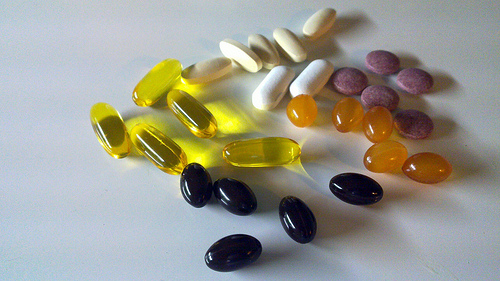
Vitamin B-Complex
Researchers have found that people who take daily vitamin B-complex tend to be more alert and stress free. They tend to be able to function better on a day-to-day basis. The different B-vitamins are useful for the brain in a variety of ways.
- Vitamin B-1 ~ Thiamine ~ The brain uses this to help convert glucose or blood sugar into fuel. This provides the brain energy it needs to function daily.
- Vitamin B-3 ~ Niacin ~ When niacin is taken, the person tends to be less irritable and less anxious. They are also quicker both mentally and physically.
- Vitamin B-5 ~ Pantothenic Acid ~ This is actually necessary for hormone formation. In addition, B-5 helps produce acetylcholine, which combines with amino acids to prevent depression.
- Vitamin B-6 ~ Pyridoxine ~ This is necessary for people to produce seratonin, melatonin, and dopamine which are all hormones that promote a sense of well-being. It helps people function in happier moods.
- Vitamin B-12 ~ This vitamin helps in the formation of red blood cells. If there is a deficiency, it may lead to pernicious anemia, a problem with the transportation of oxygen. This could result in mood swings, paranoia, irritability, dementia, confusion, mania, or hallucinations.
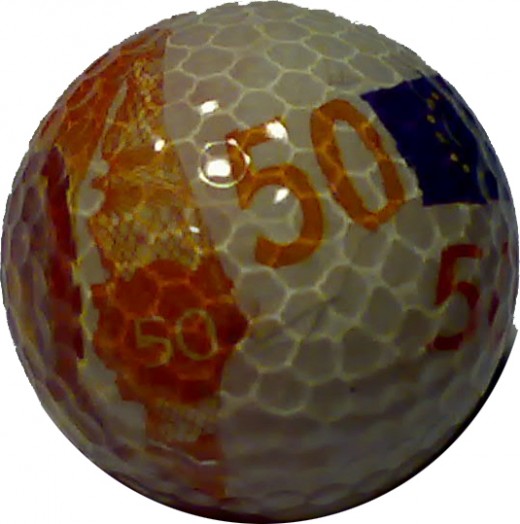
Golf Ball Reflexology
When your brain is starting to feel tired and you are moving sluggishly, try this out...
Put a golf ball between your palms and roll it around. This massages your adrenal reflex areas, which are located halfway down your you hand-bones below the thumb. According to reflexologists, there are reflexes on the hands that correspond to different parts of the body. When massaged, these areas are stimulated, causing the body's own natural healing system to activate. This particular exercise should help you think straighter and make better decisions.
One Last Little Tidbit...
After you learn something new, go to sleep for several hours immediately afterward. Try not to stay awake to practice or rehearse what you just learned. At Harvard Medical School, researchers found that you actually remember facts better if you sleep right away. This helps with easier recall of newly learned information. You now have a reason or excuse to take a nap!
There are other things you can choose to do to help your brain stay healthy, such as daily crossword puzzles and exercising to music. No matter what you choose to do, be mindful of the fact that, like other organs in your body, your brain also needs some TLC. Don't forget to meet its needs as well.

